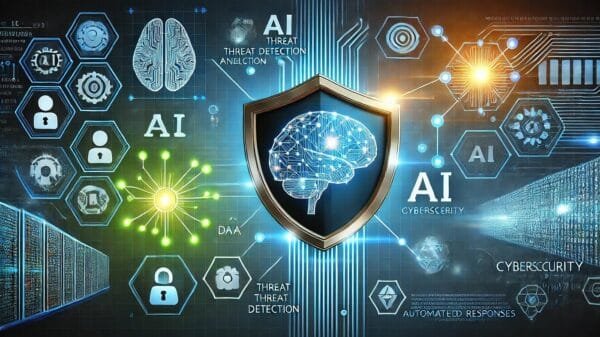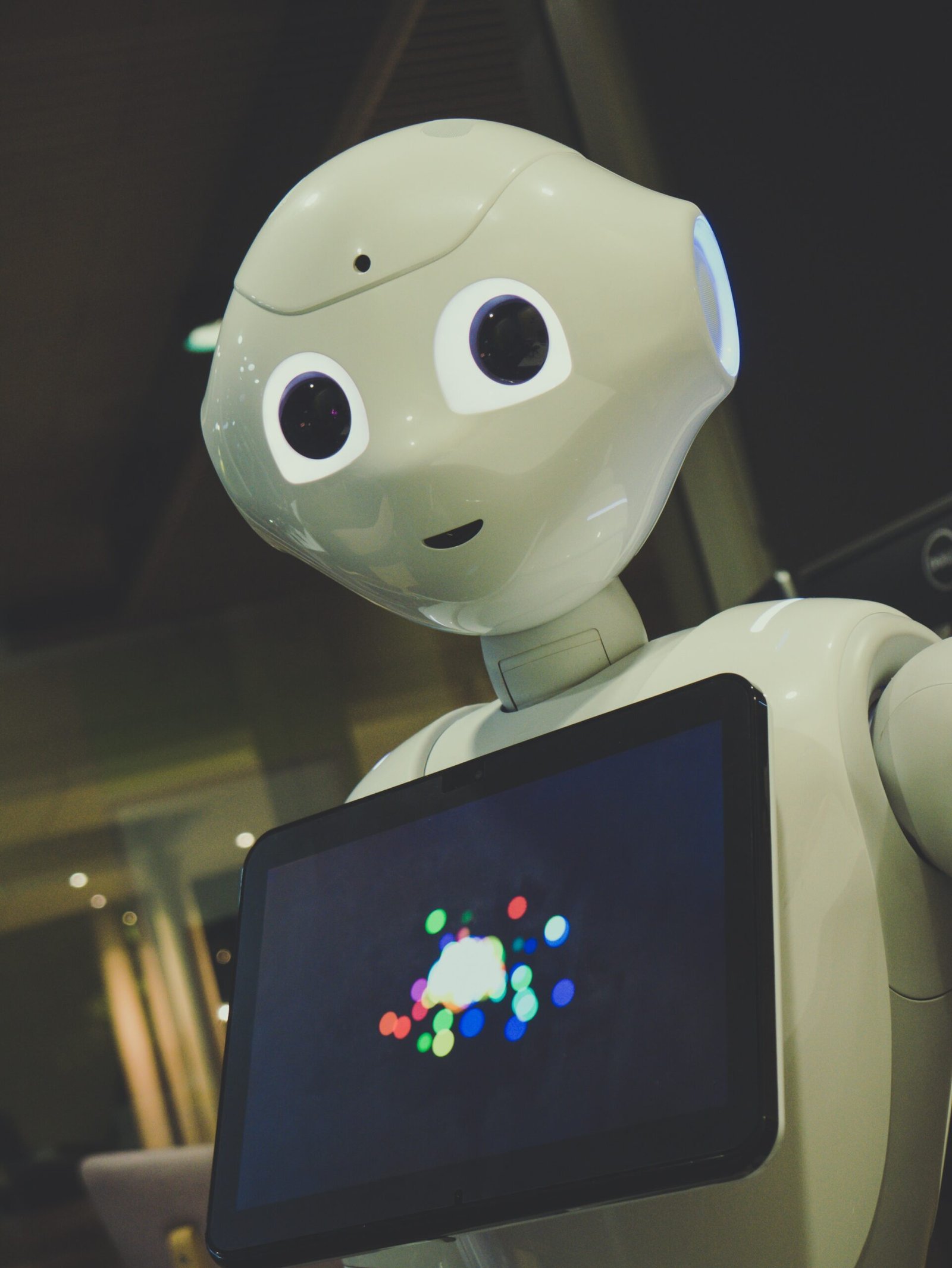In recent years, artificial intelligence (AI) has made significant strides, transforming the way we live, work, and interact with technology. From self-driving cars to virtual assistants, AI is revolutionizing various industries and opening up new possibilities. In this blog post, we will explore some of the latest breakthroughs in artificial intelligence and their potential impact on our lives.
1. Deep Learning
Deep learning is a subset of AI that focuses on training artificial neural networks to learn and make decisions on their own. This technology has seen remarkable advancements in recent years, enabling computers to recognize patterns, process natural language, and even generate realistic images and videos. Deep learning has applications in various fields, including healthcare, finance, and autonomous systems.
2. Natural Language Processing
Natural Language Processing (NLP) is an area of AI that focuses on enabling computers to understand and interpret human language. Recent advancements in NLP have led to significant improvements in voice recognition, machine translation, and sentiment analysis. Virtual assistants like Siri, Alexa, and Google Assistant rely on NLP to understand and respond to human queries, making them more intuitive and user-friendly.
3. Robotics
Advancements in AI have also paved the way for significant developments in robotics. Robots are becoming more intelligent and capable of performing complex tasks with greater precision. Collaborative robots, also known as cobots, are designed to work alongside humans, enhancing productivity and safety in various industries. From manufacturing to healthcare, robots are revolutionizing the way we work and interact with machines.
4. Computer Vision
Computer vision is an AI technology that enables computers to analyze and understand visual data, such as images and videos. Recent breakthroughs in computer vision have led to advancements in object recognition, facial recognition, and image generation. Self-driving cars, for example, rely on computer vision algorithms to detect and interpret road signs, pedestrians, and other vehicles, ensuring safe navigation.
5. Reinforcement Learning
Reinforcement learning is a branch of AI that focuses on training agents to make decisions based on trial and error. This approach has led to significant breakthroughs in game playing, with AI systems outperforming human experts in complex games like chess and Go. Reinforcement learning has also found applications in areas such as robotics, healthcare, and finance, where agents learn to make optimal decisions in dynamic environments.
6. Generative AI
Generative AI refers to the ability of AI systems to generate new content, such as images, music, and text. Recent advancements in generative AI have led to the creation of realistic deepfake videos, personalized recommendations, and even AI-generated art. This technology has the potential to revolutionize creative industries and enable new forms of expression.
7. Explainable AI
Explainable AI focuses on developing AI systems that can provide clear explanations for their decisions and actions. This is crucial for building trust and ensuring transparency, especially in critical applications such as healthcare and finance. Recent advancements in explainable AI have made it possible to understand and interpret the inner workings of complex AI models, enabling us to make informed decisions based on their outputs.
In conclusion, artificial intelligence is advancing at a rapid pace, with breakthroughs in deep learning, natural language processing, robotics, computer vision, reinforcement learning, generative AI, and explainable AI. These advancements have the potential to revolutionize various industries and transform the way we live and work. As AI continues to evolve, it is essential to ensure ethical and responsible development to harness its full potential for the benefit of humanity.



































